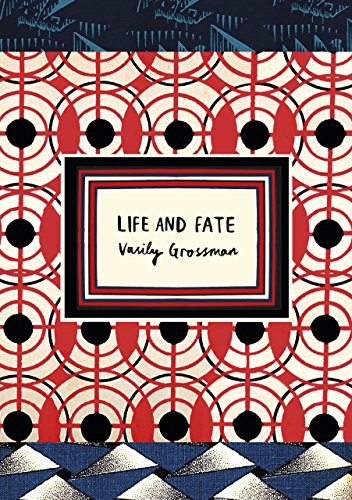

Read more from The New Yorker’s 2011: The Year in Review, at News Desk and at Culture Desk. If eight hours of radio seems as much of a non-starter as eight hundred pages on your nightstand, remember that it is less of a commitment than a single season of “The Wire.” The podcast is no longer available, but you can order “Life and Fate” as an audiobook. Still, the BBC’s “Life and Fate” gives you plenty to think about. Set during the Nazi siege of Stalingrad, it powerfully depicts. And radio is not the ideal medium for Grossman’s philosophical digressions. Vasily Grossmans epic novel Life & Fate (1959) has been hailed as the Soviet War & Peace. And Life and Fate is one of the very greatest Holocaust novels because it has the courage to move from the most unsparing description of death to the most convincing affirmations of the value of.

At times, the British accents suggest, at least to my American ears, keeping calm and carrying on, rather than the desperation and moral compromise. The radio drama is not always as perfect as Suzman’s fifteen minutes. I listened to Janet Suzman, who plays Anna Shtrum, through the same earbuds that I use to talk to my own mother on the phone, and almost wept. The intimacy of her farewell is amplified by the intimacy of radio drama. Everything Flows is Vasily Grossmans final testament, written after the Soviet authorities suppressed his masterpiece. Kenneth Branagh stars in BBC Radio 4s ambitious eight-hour dramatisation of Life and Fate, Vasily Grossmans epic masterpiece set during the Battle of. Viktor Shtrum (like his creator) is unable to save his mother. There are many book about WWII, but this one, written by Vasily Grossman, is one of very few that convey the real tragedy, horror, inhuman.


 0 kommentar(er)
0 kommentar(er)
